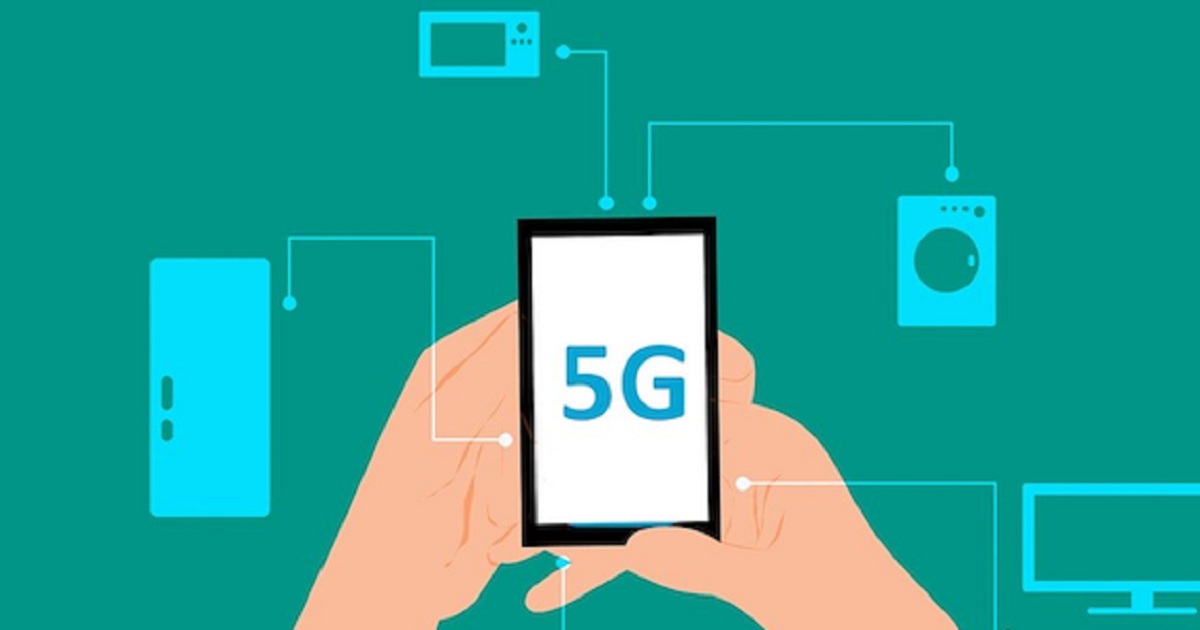Healthcare and the 5G Revolution
Inside Digital Health | January 27, 2020

As 5G starts to rollout around the world, the belief is that it will connect everything through a seamless connection to the cloud. Connectivity problems as we know it are solved. In fact, as connectivity becomes more ubiquitous, devices will start connecting directly to the cloud instead of having to go through an intermediary such as a smartphone, tablet or IoT hub. The predominant use of 5G is to transmit large amounts of data at a much faster speed than 4G. This large pipe comes with a downside. Because 5G has a short wavelength, it will require more towers and use much more power to transmit and receive. So, 5G could become more of a power drain on battery-powered, connected devices. However, 5G provides an environment for connected solutions that need more bandwidth in order to burst large media content and applications. Solutions that are plugged in and powered directly from wall power or large batteries are well-suited for 5G and to transmit large amounts of information to and from the cloud.